Resources
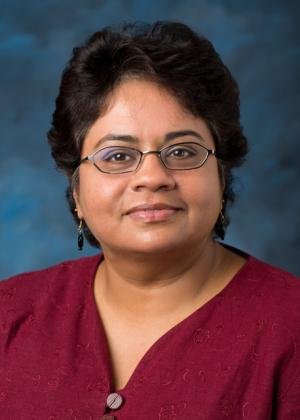
Driftwood on a beach. How did it get here? From where? When? Why this beach? Why this day? And also, that it arrived, on the foam, with a bounty of neon green moss, stubbornly shining a light in the soggy sand. A beacon. Life will out. Blog originally posted in April 2018
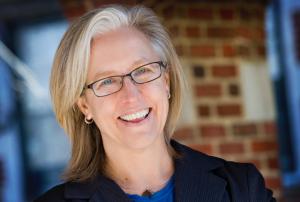
Back in the summer of 2017, these Deans of theological schools from the US and Canada set out on a journey of building a community of trust, respect, friendship, and collaboration to work on some of the most challenging issues facing theological education today. Comprising a religiously and geographically diverse group of leaders, the Wabash Deans Colloquy has embraced over its two, four-day sessions (Summer 2017 at Wabash College; and Spring 2018 on Mustang Island, TX) the signature Wabash Center for Teaching and Learning in Theology and Religion combination of rigorous collaborative peer learning with community building and play in order to navigate the boundaries that divide us religiously (Evangelical, Roman Catholic, mainline Protestant, and Christian and Muslim), and the contemporary institutional instability that often seems to foster a spirit of competition rather than collaboration among our schools. On this journey we explored the alignment of Deans' vocations with the mission of our schools, probed possibilities for ways our teaching and learning can promote the common good in our different contexts, and considered how best to equip ourselves for academic leadership in curriculum revision, assessment, and faculty and student formation in times of intense cultural and religious change. We've shared in prayer, meals, card games, deep conversation, hot putt-putt golf (like hot Yoga, but golf), dolphin watching, and collaborative writing with one another. Formed now as a collegium, our voyage continues. Just what the future holds is not certain for theological education in any of our contexts, but no matter the challenges or opportunities we face, we are thankful that one thing the future holds is the promise of traveling in such good company.
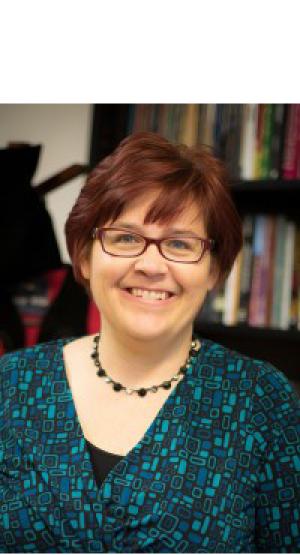
Emily Dickinson said, "Hope" is the thing with feathers - That perches in the soul - And sings the tune without the words - And never stops - at all- Yet hope is not confidence This bird--frozen in flight and in death--evokes for me both the hope Dickinson speaks of and the precarity that so many feel in these uncertain times. Many theological school deans lead in contexts where success and failure, gain and loss lie close together. The landscapes of education, church, and society have shifted radically under our feet. The future of many institutions cannot be discerned. There are greater forces at work--some benign, some destructive, all-powerful, few predictable. Attempts to fly might fail and no one, in particular, will be at fault. Paradoxically, theological educators are daily in the business of nourishing hope, of remembering, deepening, and empowering the vision of God’s radical love for humanity and creation ever-unfolding in the world. There is no shortage of need or demand for this work. And yet deans are doing a disservice to that work if an institution and its people are blind to the realities and risks before us. Cultivating collective hope means facing together the risks with creativity, candor, and courage. As Ernst Bloch has said, “hope is the opposite of naive optimism . . . It is critical and can be disappointed.” This bleak and beautiful image captures for me the work and commitment of theological education in these times--so precarious and yet soaring with possibility.
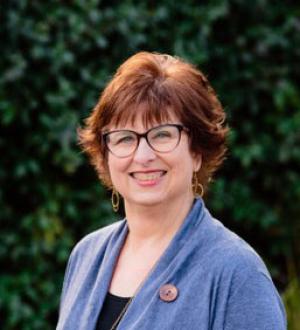
Walking the beach, I am caught by the ordered chaos of blue and white shards oriented around a large center shell. What a great image of centered-set thinking, I muse, and pull out my phone to capture the image. Isn’t a part of the deans’ job to keep pointing to the center? To guard not the boundaries but the heart? In the midst of shifting cultural forces, the changing nature of the institutional church and theological education (all our usual suspects), we are committed to a common mission, living a common life, journeying toward a common goal. But a poet reminds me that “things fall apart; the centre cannot hold.” And the words trouble me because I long for the center to hold. What I don’t see, until I bring the captured image up on my screen, is the bright luminous reflection offering me a glimpse of another reality to which the whole enterprise is oriented. And I think, yes, it is true. The deans’ job is to keep orienting toward the center and fortunately, we do not do it alone.
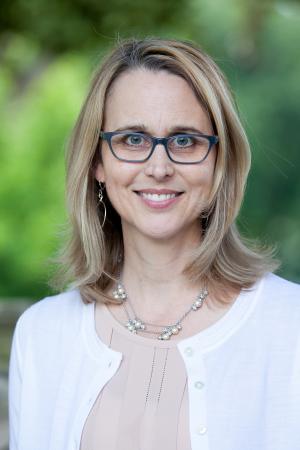
I imagine that once upon a time, a child joyfully ran along the beach in this sandal - picking up shells, building sculptures in the sand, playing in the waves. But, after a season at sea, this sandal would be difficult to walk in – it’s nearly broken in half, now the home of sea life, and no longer part of a pair. Plus, the child who wore it last summer has likely outgrown it. A new season calls for new equipment. Deans are called to help theological institutions, and the people within them, realize these same sorts of things. The shoes we’ve been wearing (perhaps our curricula, organizational structures, recruiting processes, systems of student support, and faculty cultures) don’t always serve us well in a new season. Moving beyond unneeded parts of the past – first naming and then letting go of old ways and sacred cows – can be difficult, however, and so deans also need to care well for faculty, staff, students, and ourselves amid times of significant change. It’s OK to swap out equipment, and sometimes it’s the best option. We still need shoes to get us where we are going, shoes that will provide cushion and support and protection and make the journey easier, but it’s likely time for a new pair of sandals. New equipment may take time to break in, but we can trust that it will serve us well in this new season and allow us to explore and build and play in response to the divine invitation to equip God’s people to serve as they have been called
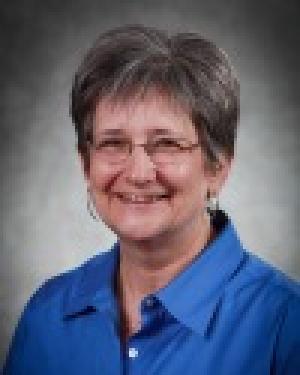
The ocean – dynamic, powerful and vast – the dean must be willing to be there; walking with and leading others into the movements of change. The dunes - stable, protective and slow – the dean must be a stable and sustaining presence, standing strong with others in the midst of storms. Or perhaps the dean must be the bridge, creating the pathway between energies of stability and change; walking purposefully back and forth between the two and inviting others to walk along.
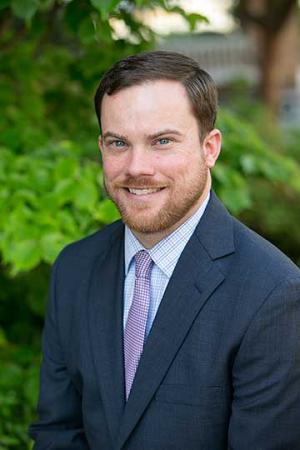
The image of the beach environment displays its givens: sand, sea, sky, dunes, plants, even the unseen particles in the air. The image of the boardwalk and “private property” sign shows a (passable) boundary onto which one can walk to the beach. It provides narrow, bounded access to a more open, free beach space. In times of change, the academic dean must understand the givens and the boundaries of theological education. Givens are the physical (temporal) and ontological realities that give boundary (like the narrow boardwalk) and freedom (like the open beach) to the work of the dean. As deans of theological schools, theological givens ought to be primary. As the beach becomes something else without sand, sea, and sky, the theological school becomes something else without a certain set of theological givens, and their relationship to other realities. Theological convictions and commitments rooted in texts and traditions, and how they cohere, serve as the sand, sea, and sky of the theological school environment. Other givens––cultural, social, institutional, etc.––will inform each dean’s context. The theological givens, I think, order and prioritize the other givens. The dean must know and value the givens in order to understand and carry out her role as an academic leader. Boundaries show the dean the context and scope of her work. They also indicate lines that either ought not or should be crossed. At times, the dean must help faculty, staff, and students flourish within a certain boundary, whether institutional, cultural, social or others. Other times, the dean must help faculty, staff, and students break through boundaries such as an antiquated and disparate curriculum. Curriculum revision offers one example where the academic dean leads the school to define new boundaries. These new academic boundaries will resonate if they reflect the givens of the school, like the boardwalk “fits” the beach environment because of how it helps us access and enjoy the beach. Academic leadership necessitates clear vision and creative discovery of the proper path for the people of the theological school. The givens and the boundaries of the school give the dean a context and lenses for that vision. When changes to theological education come, as they always have, a clear vision enables the dean to see his or her way forward so that the faculty, students, staff, and other constituents of the school may confidently follow, even if the future is unclear.
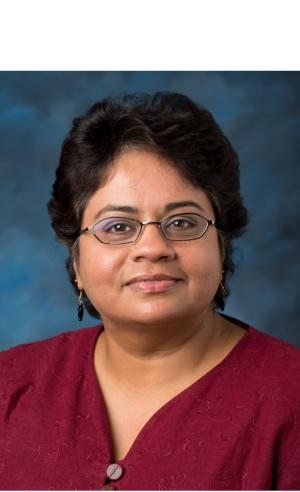
It sighed again the shark. Spitting out yet more fun gleeful humans thrilled at its unreal teeth.
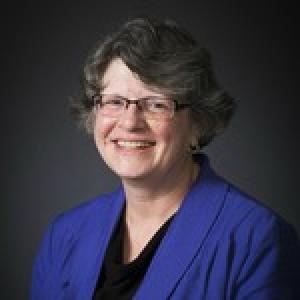
The cactus can be a metaphor for our institutions; institutions whose pasts may seem dead, yet there may still be new growth emerging. The cactus grows around its historical center. The flowers are new life, distinct from and arising out of the present – in all its steadfastness, stability, and prickliness. The dean is to be the light of perspective whose shadow highlights the institution’s place in time.
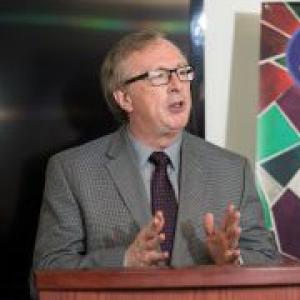
I was not happy to see the headlights of an approaching dune buggy – its presence would ruin the unspoiled beauty of the beach. Yet when the dune buggy (labeled the “Turtle Patrol”) got close, I realized that the very friendly driver was actually removing a lot of plastic and other litter from the beach, thus caring for and enhancing its natural beauty. I still do not like vehicles on the beach, but I need to be more discerning. In theological education, as a dean, I must learn to withhold prior judgment of what I perceive about the ‘dune buggies’ approaching in the distance.
Wabash Center Staff Contact
Sarah Farmer, Ph.D.
Associate Director
Wabash Center
farmers@wabash.edu